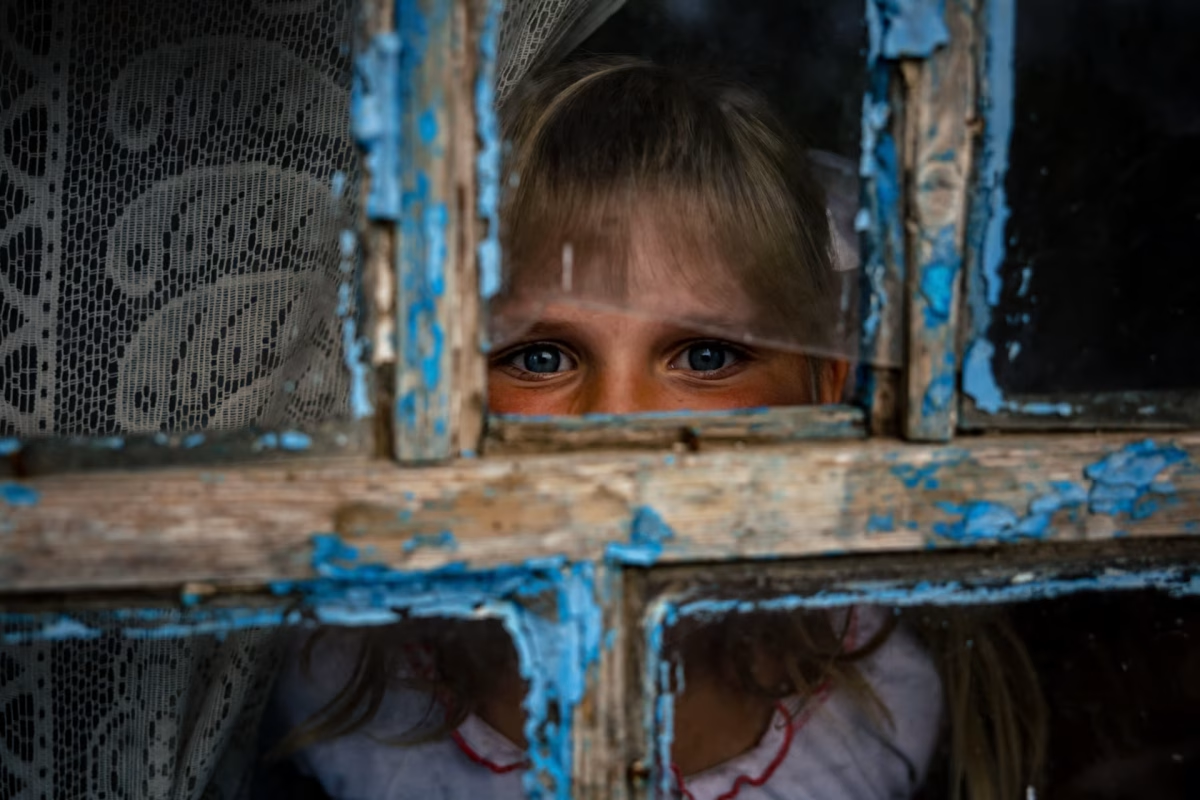Feb. 24, 2022 is a date that each person will remember differently. To Ukrainian citizens, this day signifies an invasion of sovereignty that they anticipated since late 2021 when Russia gathered 190,000 Russian troops to surround Ukraine. To Russia’s president, Vladimir Putin, this day was a strategically planned attack funded by $600 billion from the Russian foreign currency reserve.
To start, Ukraine gained autonomy from the Soviet Union in 1991, and since then, Russia consistently interfered with Ukraine’s political decisions. For instance, in 2014, Russia tried to prevent Ukraine from joining the North Atlantic Treaty Organization (NATO), “a military alliance between 29 European countries and two North American countries dedicated to preserving peace and security in the North Atlantic area.” According to Bradley Bowman, senior director of the Center on Military and Political Power at the Foundation for Defense of Democracies, “Putin views the collapse of the Soviet Union as a disaster,” which was a key motivator behind why Russia invaded Ukraine.
Two days after the invasion of Ukraine, NATO conducted an emergency meeting where President Biden promised to send US troops to allies — but not to Ukraine or Russia — and the United Kingdom imposed sanctions on Russian banks and billionaires.
As of April 23, President Biden sent $95.3 billion to Ukraine, Israel, and Taiwan, implying that the United States has not forgotten about Ukraine and Russia’s conflict in 2024.
However, ever since the invasion of Israel on Oct. 7, 2023, this conflict has gradually lost international awareness. Data from the International Television Archive shows that the Russo-Ukrainian conflict comprised eight percent of CNN’s feed before the Israel-Palestine conflict. Yet, following the start of the Israel-Palestine conflict, less than one percent of CNN news was related to Russia and Ukraine.
To verify this phenomenon in the SIS community, I asked two students and two teachers whether they believe SIS students are familiar with recent news and how to increase awareness of the Russo-Ukrainian war at SIS.
“I don’t really think the students know a lot about the war in general, due to the fact that it is not closely related with Korea,” Hajin Lee (9), a news enthusiast, said. “I think [it is] mainly because a lot of us are busy most of the time.”
“I think they [SIS students] are informed on things they are interested in; I don’t think they are informed on world events that don’t directly impact them,” Steve Nave, World History teacher, said.
“I think a lot of people talked about it when it first broke out, but after that, especially now, I don’t hear anyone talking about it in school,” Haven Cha (10), avid historian, said.
“Certainly within the first year of that conflict [the Russo-Ukrainian War] breaking out, there was a great deal of awareness and engagement on that issue,” James Kowalski, social studies teacher, said. “I had students who were even helping to organize donation efforts to send to Ukranians. There’s been a precipitous drop-off, which is not, I think, unique to SIS students. I think that is pretty much the case in most democratic societies, even those that are openly in support of Ukraine.”
Yet, it is important to recognize that from Feb. 24, 2022, to Feb. 15, 2024, there have been 10,582 deaths in Ukraine, 587 of them being children.
These are 587 children who could have smelled the fresh air in the spring, splashed around on the beach in the summer, gone to school in the fall, and had snowball fights in the winter. These are children who have dreams, passions, and goals, just like any of the students at SIS.
Hence, though the Russo-Ukrainian conflict may not be directly related to South Korea, I believe that the SIS community must actively put ourselves in the shoes of the victims of the Russo-Ukrainian war, and do what we would want others to do for us in that situation.
One means of increasing awareness of the Russo-Ukranian war that Mr. Kowalski suggests is “broad institutional encouragement for teachers to find time to incorporate it into a lesson plan, if it is appropriate, or even reaching out to some student clubs whose mission might be in alignment with current events or political events”.
For SIS students, updating ourselves on the Russo-Ukrainian war only takes a few minutes from a class or club. For victims of the Russo-Ukrainian war, this is an action that could change their lives. Remember the Russo-Ukrainian War, SIS.

